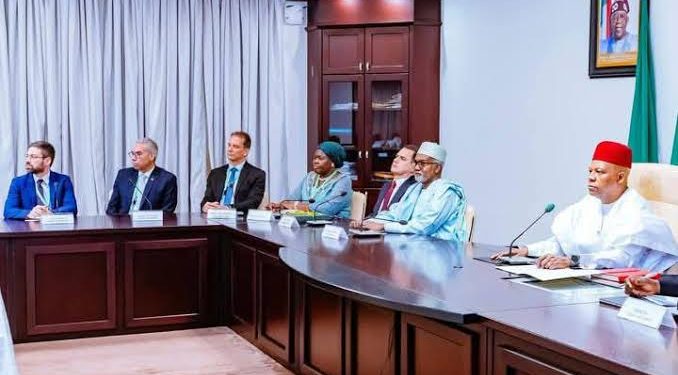Nigeria and Brazil are set to deepen economic ties with a series of new agreements covering aviation, agriculture, trade, and investment as President Bola Ahmed Tinubu embarks on a two-day state visit to Brazil.
The visit, at the invitation of Brazilian President Luiz Inácio Lula da Silva, is expected to produce direct air links between Lagos and Rio de Janeiro, a $1.1 billion agricultural mechanisation programme, and new investments in Nigeria’s livestock sector.
On aviation, the agreement will restore direct flights through Brazil’s national carrier, Varig Air, alongside Nigerian airlines Air Peace and Caverton. Nigeria’s Minister of Aviation and Aerospace Development will sign on behalf of the country during the summit.
In agriculture, Brazil will partner with Nigeria to boost mechanisation and livestock development. The Green Imperative Partnership (GIP), valued at $1.1 billion, will deliver 10,000 tractors and 50,000 pieces of farm equipment to be assembled in Nigeria. The programme is projected to generate 100,000 direct jobs and more than five million indirect jobs, while advancing food security and agricultural modernisation.
Brazil is also set to invest in Nigeria’s livestock sub-sector, a key focus of the Tinubu administration, which recently established the Ministry of Livestock Development. The partnership will introduce modern technology and expand opportunities for local investors.
The two countries, both influential players in the Global South, see the cooperation as a platform to tackle shared challenges such as food security, climate change, energy transition, and youth employment.
Trade between Nigeria and Brazil has fluctuated sharply over the past decade, falling from about $9 billion to $1.6 billion in 2023, with the 2024 figure still below $2 billion. Brazil’s exports to Nigeria, dominated by machinery and poultry, stood at about $970 million, while Nigeria exported $920 million worth of goods including oil, cocoa, urea, and sesame. However, non-oil exports are growing, with Brazil emerging as the single largest destination for Nigeria’s non-oil exports in October 2024.
Both governments are now targeting a rebound, with plans to push trade back above $2 billion and to $3.5 billion by 2030. Brazilian firms such as Petrobras and Embraer are also exploring opportunities in Nigeria’s energy and aviation sectors.
Observers note that the restoration of direct flights under the Bilateral Air Services Agreement (BASA) could become a game-changer, improving connectivity, lowering costs, and unlocking new flows of trade, tourism, and investment.










